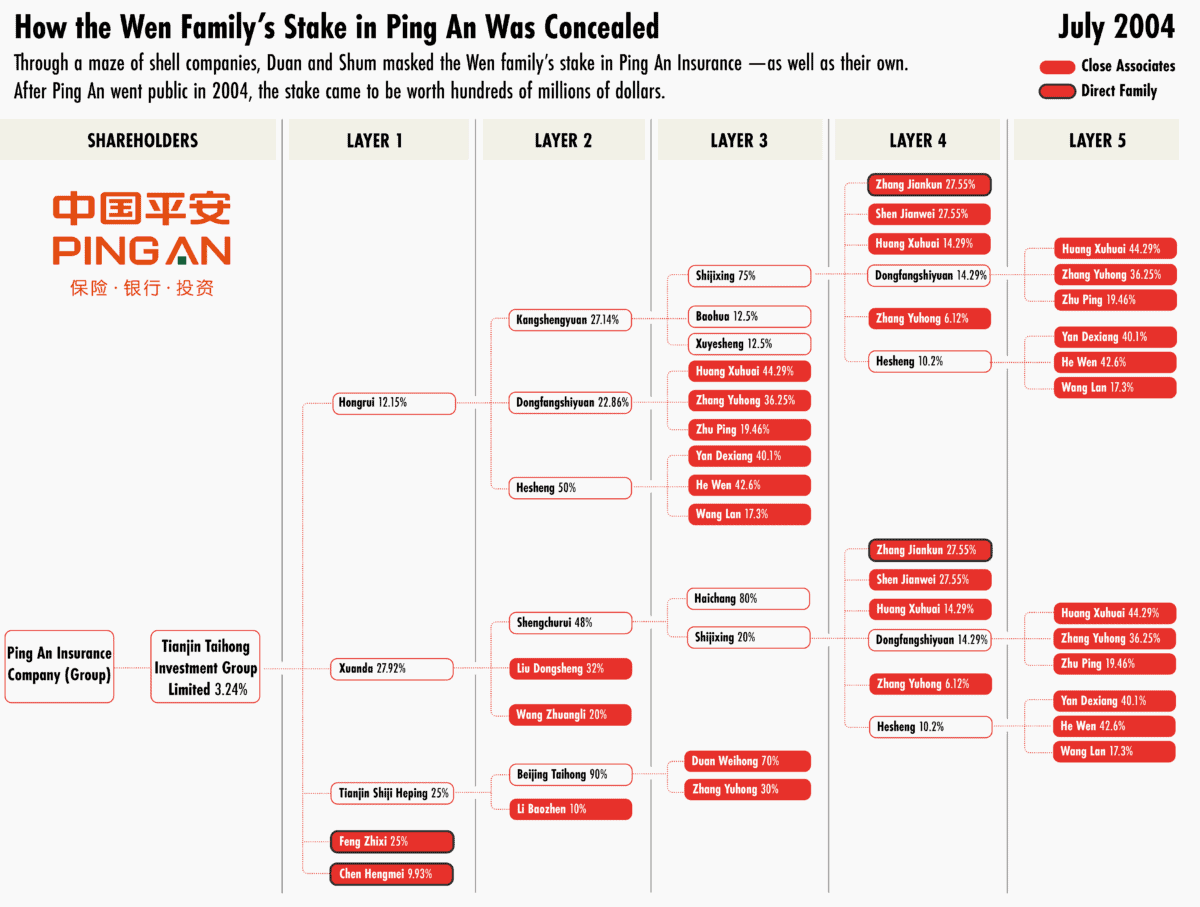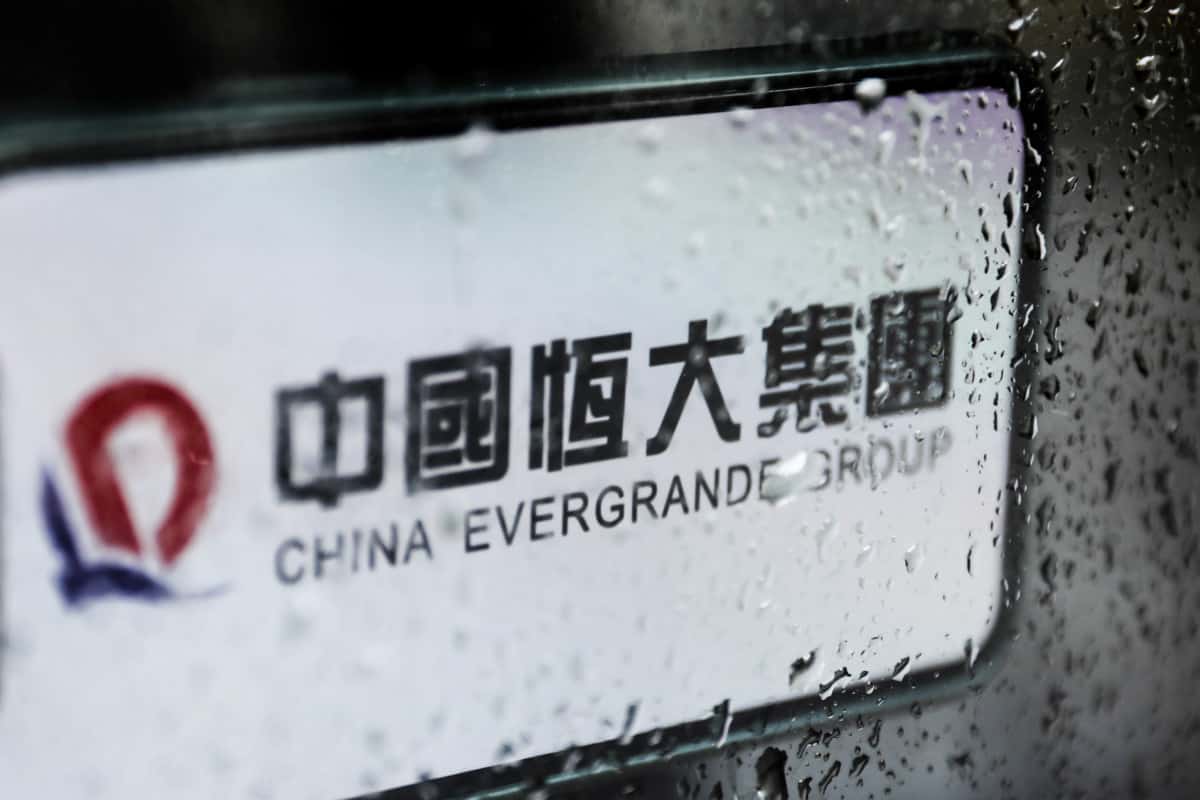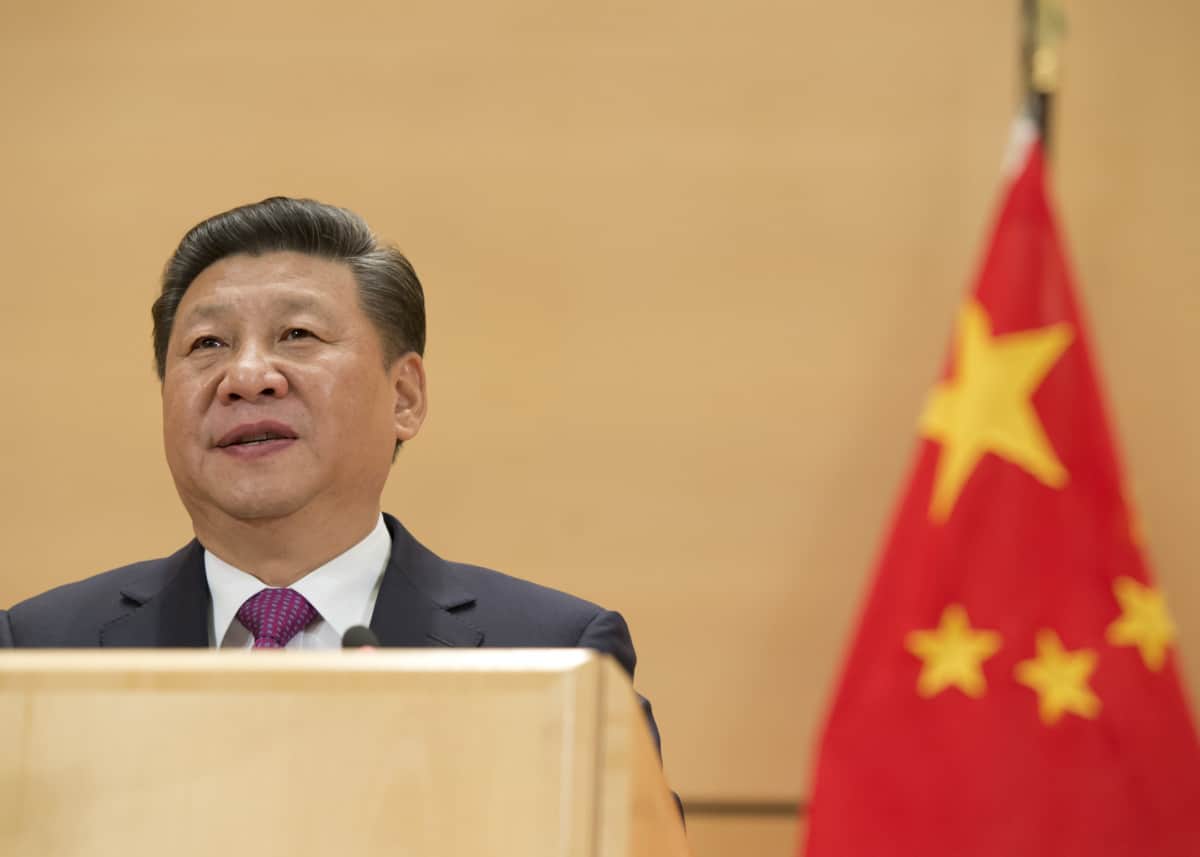Good evening. As our op-ed this week argues, we’re approaching a new chapter in China’s political and economic development model. If true, we don’t know exactly what lies ahead, but much of this week’s issue looks closely at the last chapter — including how things got to such a dramatic turning point. In our cover story, David Barboza uses the Pandora Papers — the newest leaks released by the International Consortium of Investigative Journalists — to explain how China built a massive off-shore presence and why it now presents risks for global investors and regulators. Elsewhere, we have a Q&A with Desmond Shum, the businessman and author of Red Roulette, on the disappearance and recent reappearance of his ex-wife and business partner; infographics on how the stakes of Wen Jiabao’s family were concealed in the now-infamous Ping An deal; reporting on the ‘sheer panic’ of the Evergrande cliff; and an op-ed from Jude Blanchette and Barry Naughton on the party politics driving Xi Jinping’s blitz of economic reforms. If you’re not already a paid subscriber to The Wire, please sign up here.
Want this emailed directly to your inbox? Sign up to receive our free newsletter.

China’s Shell Game
China’s massive offshore presence has long been misunderstood by analysts and economists. But, as David Barboza reports, documents in the Pandora Papers, the offshore leaks that were released this weekend by the International Consortium of Investigative Journalists, help shed light on the evolution of the VIE structure, the emergence of China as the most prolific creator of offshore firms and, perhaps most importantly, how the Chinese Communist Party came to rely on them.

Design by Hiram Henriquez
The Big Picture: Ping An and the Wen Family
Last month, Desmond Shum published Red Roulette, a tell-all book about his life and business dealings with China’s political elites (The Wire excerpted it here). In it, Shum confirms that he and his ex-wife helped the relatives of China’s then-prime minister, Wen Jiabao, gain a stake in Ping An Insurance, one of the world’s largest financial services firms. This week, The Wire revisits the Ping An deal, tracing the steps that were taken to bring in the relatives and associates of the Wen family, detailing who was involved and how their stake was concealed.
A Q&A with Desmond Shum

Desmond Shum had made a fortune in China when his business partner and ex-wife, Whitney Duan (aka Duan Weihong), a politically-connected billionaire, disappeared from the streets of Beijing in 2017. In this week’s Q&A, he talks to David Barboza about the cost of doing business in China, the necessity of getting close to China’s political elite and the disappearance — and recent reappearance — of Whitney Duan.
Desmond Shum
Illustration by Lauren Crow

The Evergrande Cliff
The Chinese authorities’ apparent unwillingness to support Evergrande in yet another of its moments of need begs a question: How and why did they allow the country’s largest developer to reach the brink of collapse? Evergrande’s perilous position was no secret: Its liabilities have grown to over $300 billion, equivalent to about 2 percent of China’s annual GDP. The answer, The Wire‘s Andrew Peaple writes, lies in the unique importance of real estate in the saga of China’s economic development.

The Party Politics Driving Xi Jinping
Beginning this summer, Beijing unleashed a blitz of regulatory measures that foreign investors, companies, government officials, and analysts have been watching with a mixture of concern and fascination. What explains the timing of the new campaign? As Barry Naughton and Jude Blanchette argue in this week’s op-ed, the most satisfying answer is China’s political calendar, specifically the 20th Party Congress scheduled for the fall of 2022.
Subscribe today for unlimited access, starting at only $19 a month.



